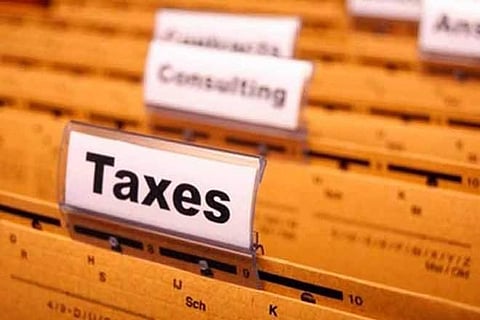

NEW DELHI: After the government lowered the threshold for mandatory e-invoicing under the goods and services tax (GST) to Rs 5 crore from the current Rs 10 crore, tax experts nudge small businesses to align their processes to ensure compliance from August 1.
According to Gautam Mahanti, Business Head, IRIS Tax Tech, an e-invoice service provider, bringing taxpayers between Rs 5 to Rs 10 crore turnover range under the B2B e-invoicing mandate, is a step closer to building complete transparency and real-time reporting in B2B invoicing.
"The long tail of smaller taxpayers now needs to start getting ready to align their processes and get their invoices registered with the Invoice Registry Portal (IRP) before issuing them to their recipient. The building of capacity by adding 4 new private IRPs by the Govt should help taxpayers make this transition," Mahanti said.
"There is also an implication for large anchor clients who procure from the smaller taxpayers as they will have to ensure that sellers generate e-invoices so that they can avail Input Tax Credit (ITC)," he added.
According to experts, the accounts payable (AP) processes can get streamlined through the elimination of delays and human errors in recording invoices in purchase ledgers through system-to-system sharing of invoices between buyers and suppliers. The opportunity for factoring, reverse factoring and invoice-based financing also opens up since e-invoicing ensures the authenticity and accuracy of data.
Meanwhile, Vivek Jalan, Partner, Tax Connect Advisory, a multi-disciplinary tax consultancy firm said, "The Government is going on a drive against fake GST invoices and fake GST Registrations for two months from 16th May 2023 to 15th July 2023. E-Invoice is another way to curb the menace of fake invoices."
"It is pertinent to note that even the B2B Customers of these new taxpayers to whom e-invoice would now be applicable would be affected. In case they accept the invoices without e-invoice compliance from such suppliers then their Input Tax Credit would be denied resulting in GST loss for them to the extent of 18% generally, which could severely impact their bottom line," Jalan stated.
"So all GST Registered taxpayers should take note of this significant change and plan from 1st August 2023 accordingly," he said.
The e-invoice system is for GST-registered taxpayers who have to upload all B2B and export invoices to the Invoice Registration Portal (IRP). The IRP generates and returns a unique Invoice Reference Number, digitally signed e-invoice and QR code to the user.